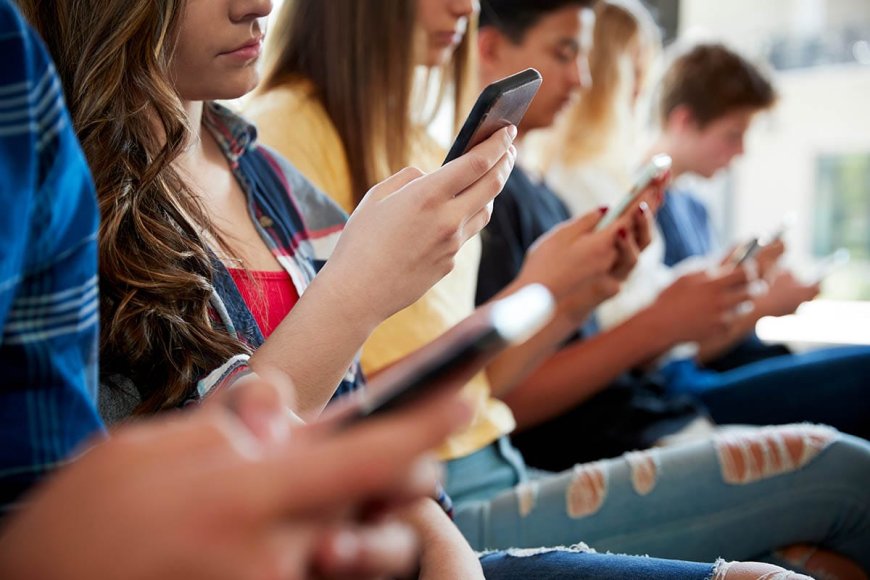Social Media: How It Affects Young People
In today's digital age, social media has become an integral part of daily life, especially for the youth.

In today's digital age, social media has become an integral part of daily life, especially for the youth. Platforms such as Instagram, Snapchat, TikTok, and Twitter dominate the social interactions of teenagers and young adults. While these platforms offer numerous benefits, they also pose significant challenges that warrant careful consideration.
Social media provides a space for young people to express themselves creatively and connect with peers. It fosters a sense of community and belonging, especially for those who may feel isolated in their offline environments. By sharing their interests, achievements, and thoughts, youth can find like-minded individuals and build supportive networks.
Educational opportunities also abound on social media. From online tutorials to study groups and informational content, platforms like YouTube and LinkedIn offer resources that can enhance learning and career prospects. Social media also keeps youth informed about global events, social issues, and cultural trends, promoting awareness and civic engagement.
Despite its advantages, social media presents several risks. One of the most significant is the impact on mental health. Studies have linked excessive social media use to increased feelings of anxiety, depression, and loneliness. The pressure to present a perfect image and the constant comparison with others can exacerbate these feelings, leading to low self-esteem and body image issues.
Privacy and security concerns are also prevalent. Young users may not fully understand the implications of sharing personal information online, making them vulnerable to cyberbullying, identity theft, and other forms of online harassment. Moreover, the addictive nature of social media can disrupt sleep patterns, academic performance, and real-world social interactions.
Educational initiatives should focus on digital literacy, teaching youth how to critically evaluate online content and understand the long-term implications of their digital footprints. Encouraging offline activities and face-to-face interactions is equally important to ensure a balanced lifestyle.
What's Your Reaction?

























































